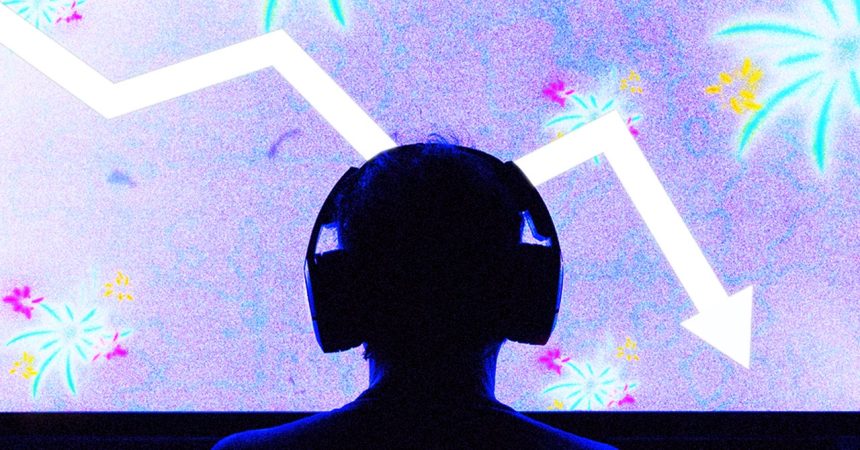The gaming industry in 2024 finds itself caught in a turbulent crossfire of sociopolitical pressures and economic uncertainties. A vocal minority, fueled by anti-diversity and inclusion (DEI) sentiments, has targeted games featuring diverse characters and storylines. Titles with Black protagonists or female characters straying from conventional beauty standards have been subjected to online harassment and review bombing campaigns, often cloaked in accusations of “forced diversity” or derisive labels like “DEI chin.” Even unreleased games have become targets, with developers facing pressure to conform to narrow and often regressive ideals. This hostile climate creates a chilling effect, potentially hindering creative expression and limiting the representation of marginalized groups within the gaming world.
Beyond the overt antagonism from fringe groups, a broader pressure to remain “apolitical” pervades the industry. This expectation, ironically applied to a medium inherently imbued with narrative and player agency, has manifested in censorship attempts. Streamers promoting certain games have been instructed to avoid mentioning sensitive topics like COVID-19 or “feminist propaganda,” demonstrating a desire to sanitize public discourse around games. However, such attempts at control have often backfired, prompting discussions about the very topics meant to be suppressed. This highlights the inherent tension between artistic expression and market pressures, and the difficulty of maintaining strict neutrality in a medium that engages with complex social and political themes.
The economic landscape of the gaming industry is equally fraught. While the industry outwardly projects a “business-as-usual” facade, marked by major events like The Game Awards and announcements of highly anticipated titles, a deeper current of instability runs beneath the surface. Widespread layoffs have become a recurring phenomenon, impacting both large studios and independent developers. Geoff Keighley, host of The Game Awards, acknowledged this harsh reality, highlighting the human cost of these industry-wide job cuts and their potential impact on the future of game development.
This precarious economic situation is further complicated by the looming presence of artificial intelligence (AI). The potential of AI to transform game development remains uncertain, but its rapid advancement has fueled anxieties about job displacement. While some see AI as a tool to enhance creativity and efficiency, others fear it could lead to further automation and job losses, exacerbating the existing instability within the workforce. The industry is currently grappling with the implications of this emerging technology, and its long-term impact on the livelihoods of game developers remains to be seen.
The convergence of these factors – sociopolitical pressures, economic uncertainty, and the rise of AI – creates a complex and challenging environment for game developers. The pressure to conform to specific ideologies, the struggle to maintain financial stability, and the uncertainty surrounding AI’s impact on the workforce all contribute to a sense of unease within the industry. While major game releases and industry events continue to generate excitement, the underlying challenges cannot be ignored.
Looking ahead, there is a prevailing sense of pessimism regarding the industry’s future. The constant threat of layoffs, coupled with the growing influence of AI, raises serious concerns about job security and the sustainability of game development careers. While there are pockets of hiring activity, it’s insufficient to offset the overall trend of job losses, particularly within the indie development scene. This precarious situation casts a shadow over the industry, leaving many to wonder what the future holds for both game creators and the games themselves. The industry faces a critical juncture, and its ability to navigate these challenges will determine its trajectory in the years to come.



